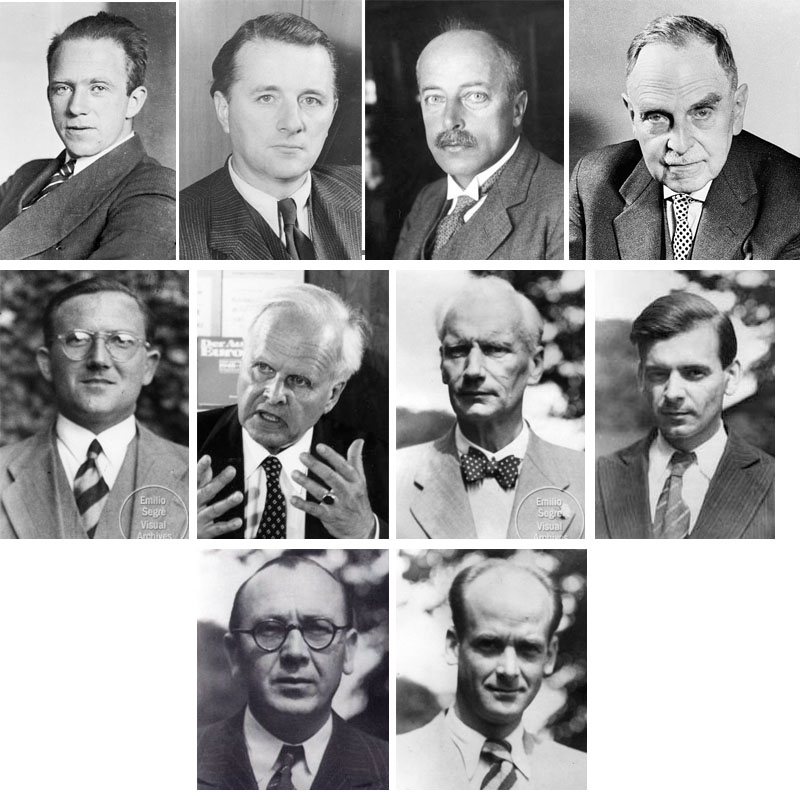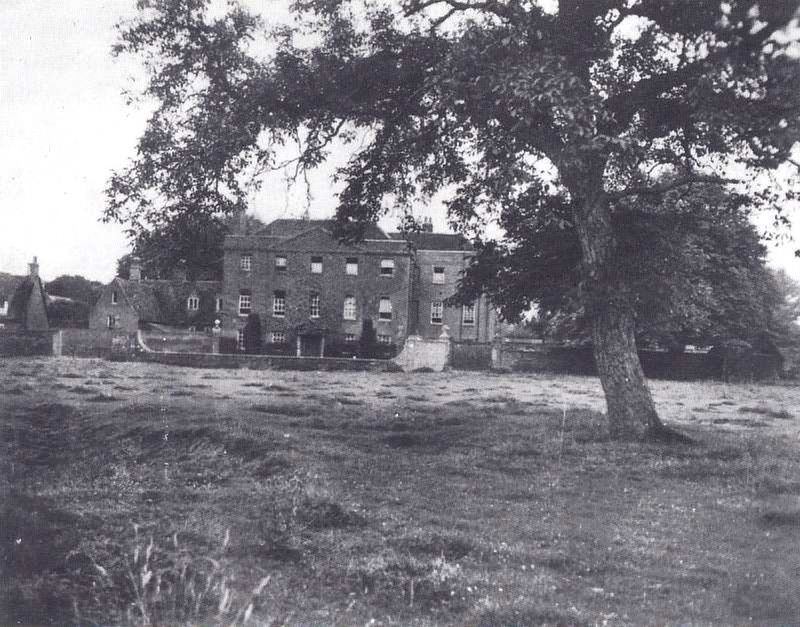The operation was nicknamed Epsilon.
Farm Hall, where the ten German scientists were incarcerated.
Microphone installed?, he asked rhetorically, Oh no, they’re not as cute as all that.
Heisenbergs own estimate for the critical mass was all over the place.
He then admited to Otto Hahn that he never worked it out properly.
Farm Hall in Godmanchester, England.
At first they refused to believe it and felt the Americans were bluffing.
When they heard the official announcement at nine oclock, they still could not believe their ears.
I didn’t think it would be possible for another twenty years, Otto Hahn admitted.
They are fifty years further advanced than we, Hahn remarked.
I’m glad we didn’t have it, reckoned Karl Wirtz.
I think it’s dreadful of the Americans to have done it.
I think it is madness on their part, Carl Friedrich von Weizsacker weighed in.
One can’t say that, Heisenberg countered.
One could equally well say “That’s the quickest way of ending the war.
The discussion then turned to why Germany was not able to accomplish what the Americans and the British had.
Horst Korsching commented on the immense cooperation a project of such scale required.
That would have been impossible in Germany, he said.
Each one said that the other was unimportant.
WEIZSACKER: How many people were working on V l and V 2?
DIEBNER: Thousands worked on that.
If we had all wanted Germany to win the war we would have succeeded.
HARTECK: The following day we will go home.
KORSCHING: We will never go home again.
Let’s be glad that we are still alive.
Let us celebrate this evening in that spirit.
DIEBNER: Because the official people were only interested in immediate results.
They didn’t want to work on a long-term policy as America did.
Heisenberg expressed irritation that he couldnt work out how the Americans had managed to build the bomb.
These fellows have succeeded in separating isotopes.
What is there left for us to do?, Wirtz asked.
The scientists also discussed the scenario where Germany had invented the bomb first.
Some expressed desire to work for the British or the Americans, and settle in Britain.
After his incarceration, Korsching worked at the Max-Planck Institut fur Physik (MPIP).
Gerlach returned to Germany and became a visiting professor at the University of Bonn.
Laue also became an adjunct professor at the University of Gottingen.
He was also Head of the Gesellschaft fur Kernenergieverwertung in Schiffbau und Schiffahrt (GKSS) near Hamburg.
Weizsacker became director of a department for theoretical physics in the Max Planck Institute for Physics in Gottingen.
After his return to Germany, Heisenberg became the director of the Max Planck Institute for Physics.
Otto Hahn took over the presidency of the Kaiser-Wilhelm-Gesellschaft from the ailing Max Plank.
After the war, he became a vocal opposer to the use of nuclear energy for military purposes.
He saw the utility of his scientific discoveries to such ends as a misuse, or even a crime.


